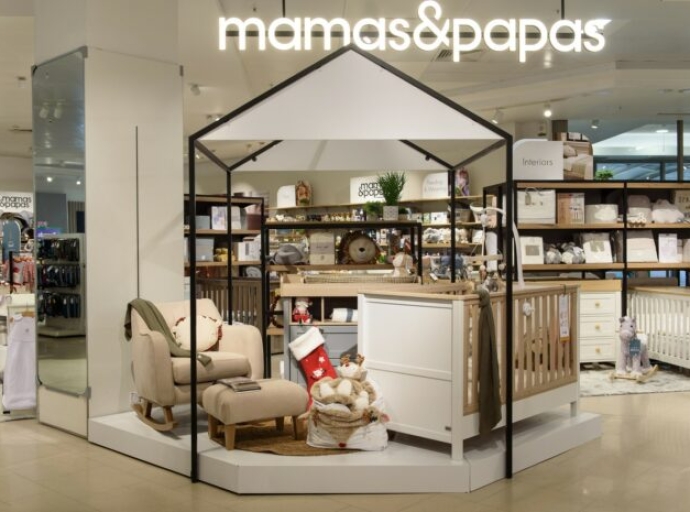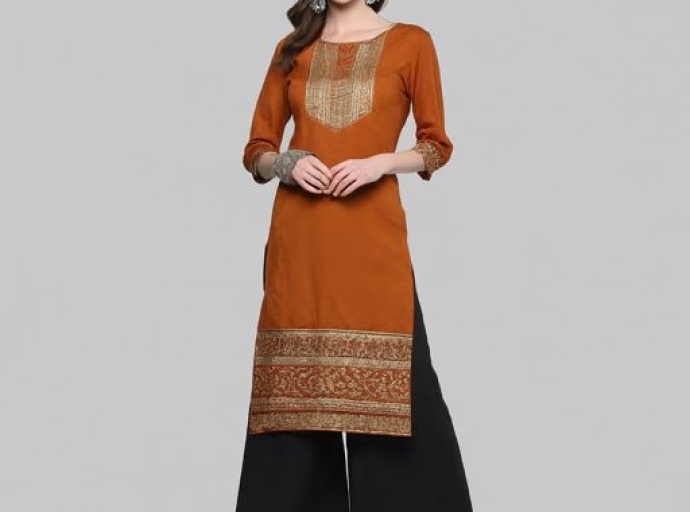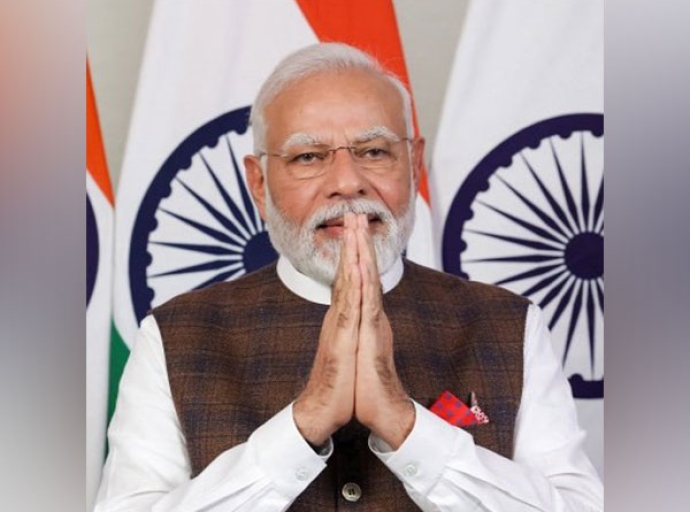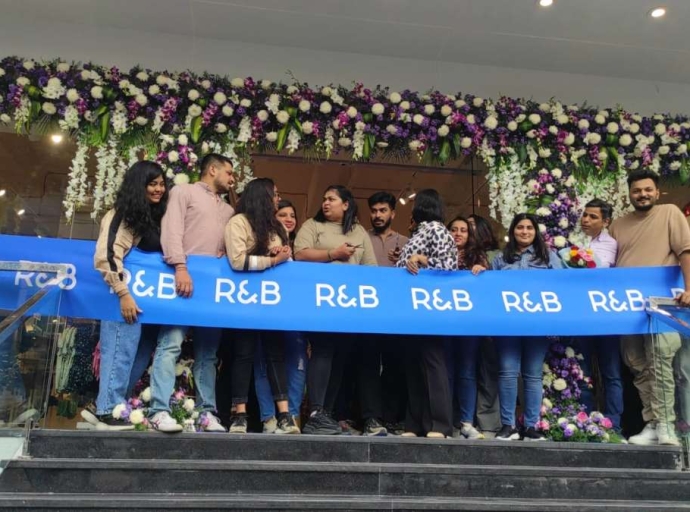03 February 2024, Mumbai
The National Garment Fair (NGF 2024) Spring-Summer Edit, hosted by the Clothing Manufacturers Association of India (CMAI) in Mumbai, unfolded from January 29 to 31, 2024. Drawing an impressive crowd of nearly 18,000 attendees, including national and regional retailers, distributors, and wholesalers, the event showcased a vibrant snapshot of the domestic garment industry's recovery post-pandemic.
Spanning 700,000 sq. ft. across seven halls at the Bombay Exhibition NESCO Complex in Goregaon East, the NGF 2024 boasted over 1025 participants presenting more than 1,120 brands across various categories, including Women's wear, Men's wear, Kids wear, and Accessories.
This expansive display underscored the industry's resilience and determination to rebound from the challenges posed by the pandemic.
Industry leaders express confidence in recovery
Rajesh Masand, President of CMAI, highlighted the industry's journey towards normalization, citing the positive feedback received from exhibitors regarding business inquiries and orders. Despite facing inventory backlogs, the apparel sector has witnessed steady growth, driven by store expansions and network enhancements.
Rohit Munjal, Vice President and Chairman of the Fair Committee at CMAI, commended the unwavering support of retailers and distributors, attributing the fair's success to their active participation.
Striking feature
The continued vitality of NGF underscores its significance as a premier event in the garment industry, fostering collaboration and growth opportunities for all stakeholders.
Rahul Mehta, Chief Mentor of CMAI, discussed the evolving consumer trends, noting a shift from post-pandemic "revenge shopping" to more restrained purchasing behavior, followed by an anticipated resurgence in wardrobe refreshment.
This shift signifies a gradual return to pre-pandemic shopping patterns, offering hope for sustained growth in the apparel segment.
Relaunch of CMAI Apparel magazine elevates industry insights
During NGF 2024, the prestigious CMAI Apparel magazine was reintroduced with a revamped quarterly edition, featuring exclusive content, in-depth features, and captivating visuals.
The magazine's relaunch aims to provide readers with fresh perspectives, industry insights, and compelling stories, enriching the discourse on apparel trends and developments.
Recognized as the largest bi-annual trade fair in the Indian Apparel Industry, NGF serves as a critical platform for connecting brands, manufacturers, designers, and retailers.
With its comprehensive sourcing opportunities and efficient networking avenues, NGF continues to uphold its reputation as India's foremost trade fair, facilitating collaboration and innovation across the garment sector.
The success of NGF 2024 reflects the industry's resilience and adaptability in navigating challenging times. As retailers and manufacturers forge ahead with renewed optimism, the positive momentum generated by NGF sets the stage for a dynamic and prosperous spring-summer season, heralding a return to normalcy in consumer behavior and market dynamics.




































